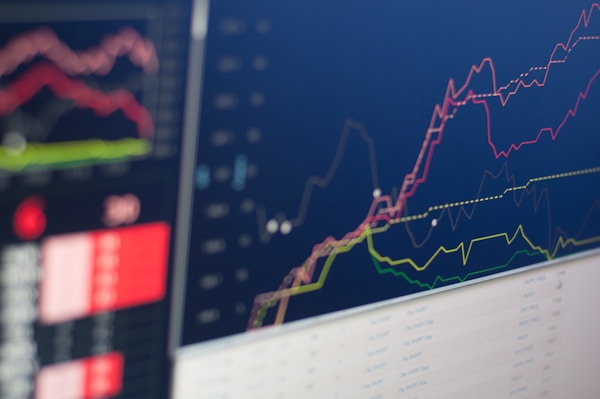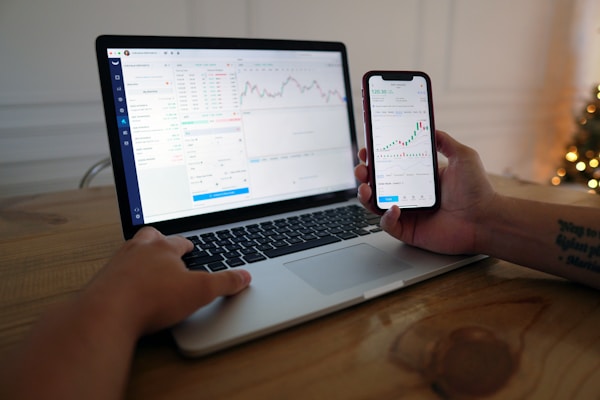The foreign exchange market, also known as Forex, is the largest financial market globally, with daily transactions exceeding 6 trillion dollars. The allure of this market has attracted many investors, both experienced and beginners, seeking to profit from the constant fluctuations in currency values. A key determinant of your success in this complex market is the choice of the best Forex broker, who will facilitate your transactions and provide you with invaluable tools and advice. This article provides a comprehensive guide with tips for beginner Forex traders, aimed at equipping you with the essential knowledge and strategies to navigate the Forex market.
Understanding the Basics
The first and most crucial step in Forex trading is gaining an understanding of the basic concepts. You should familiarize yourself with the terms and mechanisms of the market, such as the currency pairs, the bid/ask price, pips, and leverage. Moreover, you must understand the economic factors that influence currency values, including interest rates, inflation rates, and political stability. This knowledge will provide a solid foundation upon which you can build your trading strategies.
Developing a Trading Plan

Every successful Forex trader has a well-thought-out trading plan. This plan should outline your financial goals, risk tolerance, and trading strategies. It should also define your entry and exit points for each trade. A robust trading plan not only guides your decisions but also helps you maintain emotional discipline, preventing rash decisions driven by fear or greed. Remember that sticking to your plan is as important as creating it.
Choosing a Trading Strategy
There are various trading strategies that you can adopt, each with its unique advantages and drawbacks. These include day trading, swing trading, and position trading. Day trading involves making multiple trades within a single day, aiming to profit from short-term price movements. Swing trading, on the other hand, is a medium-term strategy where trades last from a few days to weeks. Position trading is a long-term strategy where trades can last for months or even years. The choice of strategy depends on your risk tolerance, time availability, and financial goals.
Analyzing the Market
Successful Forex trading relies heavily on market analysis. There are two main types of analysis: technical and fundamental. Technical analysis involves studying price charts to identify patterns and trends that can predict future price movements. On the other hand, fundamental analysis involves examining macroeconomic indicators, such as GDP growth, inflation rates, and political events, to predict the future direction of a currency’s value. A balanced approach involving both types of analysis is often the most effective.
Practicing Risk Management

Risk management is crucial in Forex trading. One key risk management tool is the stop-loss order, which automatically closes your position once the market reaches a certain price level, thereby limiting your loss. Another essential aspect of risk management is diversification, which involves spreading your investment across different currency pairs to mitigate risk. Remember, it is not about how much you make, but how much you keep.
Continued Learning and Improvement
The Forex market is dynamic, with ever-changing trends and factors influencing currency values. To stay ahead, you need to continually educate yourself and improve your trading skills. This involves regularly reviewing and adjusting your trading plan and strategies, learning from your mistakes, and staying updated on market trends and news.
In conclusion, venturing into Forex trading can be a rewarding but challenging endeavor. Understanding the basics, developing a trading plan, choosing a suitable trading strategy, conducting thorough market analysis, practicing risk management, and committing to continuous learning and improvement are vital steps toward becoming a successful Forex trader. Remember, your choice of a Forex broker will significantly influence your trading experience. Therefore, choose wisely, and don’t rush the process. As with all things, experience, and patience are key in the world of Forex trading.

